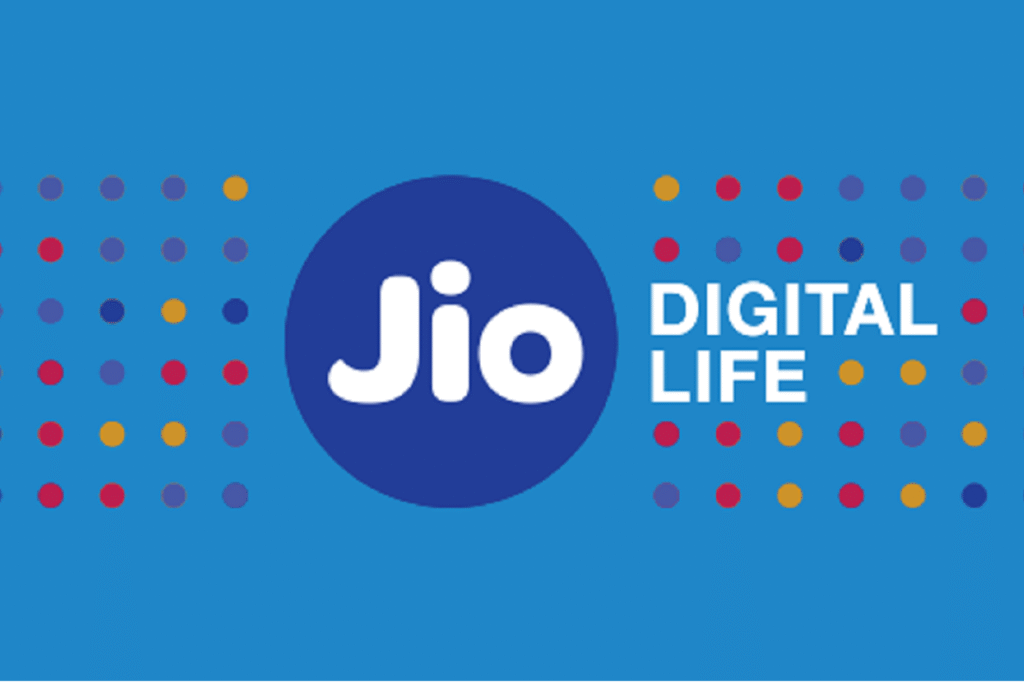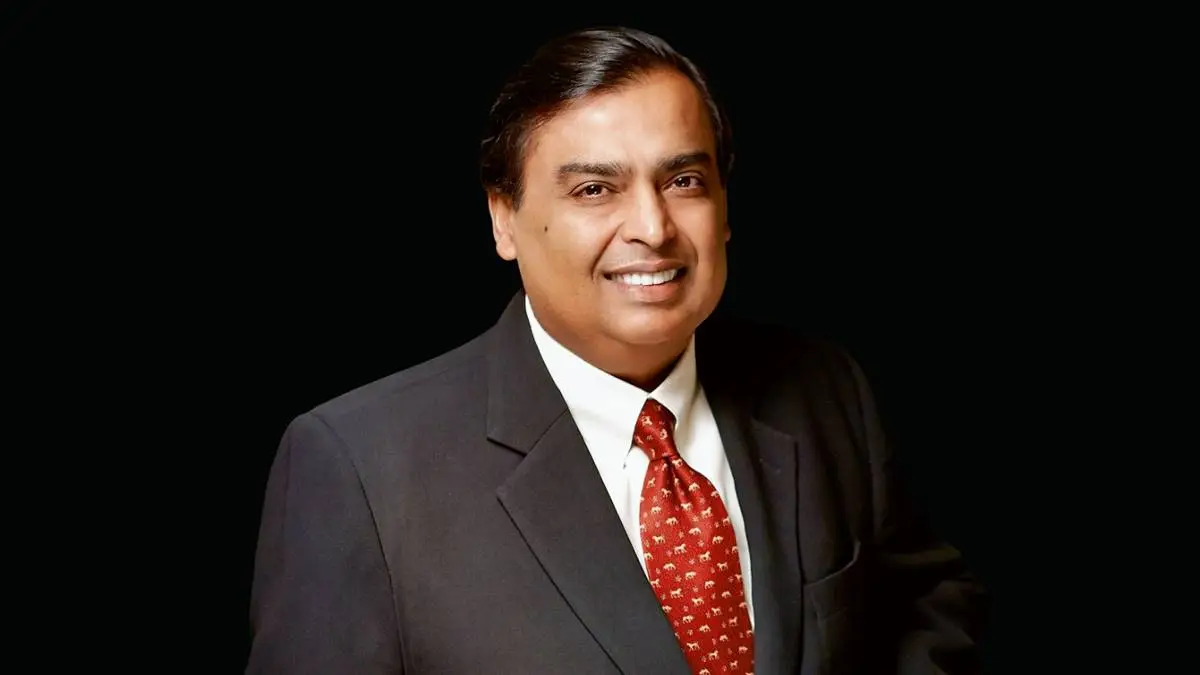One of the most well-known and prosperous businessmen in the world is Mukesh Ambani, the chairman and managing director of Reliance Industries Limited (RIL). Mukesh Ambani was born in Yemen on April 19, 1957, to Dhirubhai and Kokilaben Ambani. He was intended to continue a family tradition, but he did more than just carry it on; he transformed it. He is currently among the wealthiest persons on the planet and one of the most influential businessmen, having revolutionized entire Indian sectors.
Childhood and Schooling :
Mukesh Ambani was born and raised in Yemen, where his father was employed. Following the family’s return to India, Dhirubhai Ambani established a modest textile trade business that would eventually serve as the cornerstone of Reliance. After completing his education in Mumbai, Mukesh enrolled at the Institute of Chemical Technology to pursue Chemical Engineering. Later, in order to assist his father in founding Reliance, he left Stanford University in 1981, where he was pursuing an MBA.
Building the Empire and Accompanying Reliance :

Reliance was still expanding in 1981 when Mukesh started working there. He was given important duties in the company’s petrochemical and polyester divisions. In Jamnagar, Gujarat, he oversaw the construction of the biggest grassroots petroleum refinery in the world, which went into service in 2000. With a daily capacity of more than 1.2 million barrels, this refinery sets a standard for complexity and scale worldwide.
Mukesh’s father’s vision and ability to take risks had a big impact on his leadership style. By combining forward and backward operations, he made sure Reliance had complete control over the supply chain, from raw materials to final goods.
Conversion to an International Conglomerate:

Reliance expanded beyond petrochemicals and refining into retail, telecommunications, and digital services under the direction of Mukesh Ambani. Reliance Jio, which was introduced in 2016, was his most audacious and ambitious project. Jio’s free voice calls and incredibly low internet rates upended the Indian telecom industry. Millions of Indians went online as a result, and rivals were compelled to lower their pricing or leave the market. Jio swiftly rose to prominence as India’s biggest telecom provider, establishing new benchmarks for online access.
Another gem in the Ambani empire is Reliance Retail. With a presence in fashion, electronics, food, and other categories, it has grown to become India’s biggest retailer. Even the most rural regions of India have been accessible by Reliance Retail through the use of technology, an efficient supply network, and competitive pricing.
International Acknowledgment and Collaborations :
Mukesh Ambani is well-known throughout the world for his business plans and execution. Through his partnerships with Internet behemoths like Microsoft, Google, and Facebook (now Meta), he has invested billions of dollars in Reliance’s digital ecosystem. These investments demonstrated how an Indian entrepreneur could command respect on the international scene in addition to validating his vision.
Individual Characteristics and Heritage :
Mukesh Ambani’s vision and execution, in addition to his money, are what make him unique. He places large bets and sees the future before others do. He is constantly a few steps ahead, whether it is planning a green energy transition now or investing in data infrastructure when the majority of Indians had 2G phones.
Mukesh is also renowned for his strict work habits, long workdays, and laser-like attention to detail. Even though he leads a lavish lifestyle, he maintains his sense of reality and ties to his heritage. He is not only a businessman but also a nation builder because his company employs hundreds of thousands of people and sustains millions through its supplier chains.
In conclusion :
Mukesh Ambani’s journey from inheriting a modest textile company to creating one of the most valuable and diverse enterprises in the world is a monument to foresight, tenacity, and creativity. In addition to being the wealthiest man in India, he is a worldwide symbol of business success. Millions of people are motivated by his tale to embrace change, have great dreams, and think long-term. This has made “Mukesh Ambani : The Greatest Enterprenuer of the world.
For more such information stay connected with moneypistol.com


Mukesh Ambani’s journey is truly inspiring, showing how vision and determination can transform not just a business but entire industries. It’s fascinating how he took Reliance from petrochemicals to telecom and retail, creating a massive impact on India’s economy. The launch of Jio was a game-changer, making the internet accessible to millions and forcing competitors to rethink their strategies. Reliance Retail’s expansion into rural areas is also commendable, bridging the gap between urban and rural markets. However, I wonder how he manages to maintain such a diverse portfolio without losing focus on quality and innovation. Do you think Reliance’s dominance in multiple sectors could lead to monopolistic practices, or is it driving healthy competition? I’d love to hear your thoughts on how Ambani’s leadership style influences the company’s long-term sustainability.
Mukesh Ambani’s journey is truly inspiring, showing how vision and determination can transform not just a company but entire industries. It’s fascinating how he took Reliance from petrochemicals to telecom and retail, impacting millions of lives. Jio’s disruption of the telecom sector was a game-changer, making the internet accessible to so many. Reliance Retail’s reach into rural areas is also commendable, bridging the urban-rural divide. However, I wonder if such rapid expansion comes with challenges, like maintaining quality and sustainability. Do you think Reliance’s dominance in multiple sectors could stifle competition? What’s your take on the balance between growth and fair market practices?
Mukesh Ambani’s journey is truly inspiring, showing how vision and determination can transform not just a business but entire industries. It’s fascinating how he took Reliance from petrochemicals to telecom and retail, impacting millions of lives. Jio’s disruption of the telecom sector was a game-changer, making the internet accessible to so many. However, I wonder if such rapid expansion comes at a cost, like monopolizing markets or stifling smaller competitors. Do you think Reliance’s dominance is ultimately beneficial for India’s economy? Also, how does Mukesh Ambani balance innovation with ethical business practices? I’d love to hear your thoughts on whether his leadership style could be a model for future entrepreneurs. What’s next for Reliance, and how will it continue to shape India’s future?